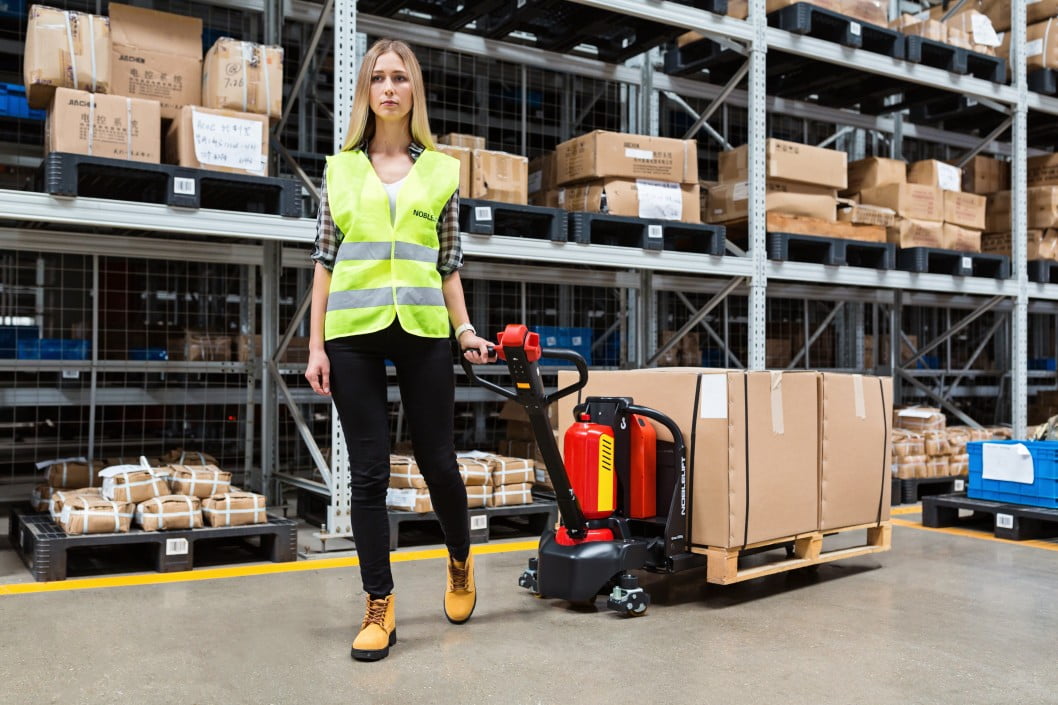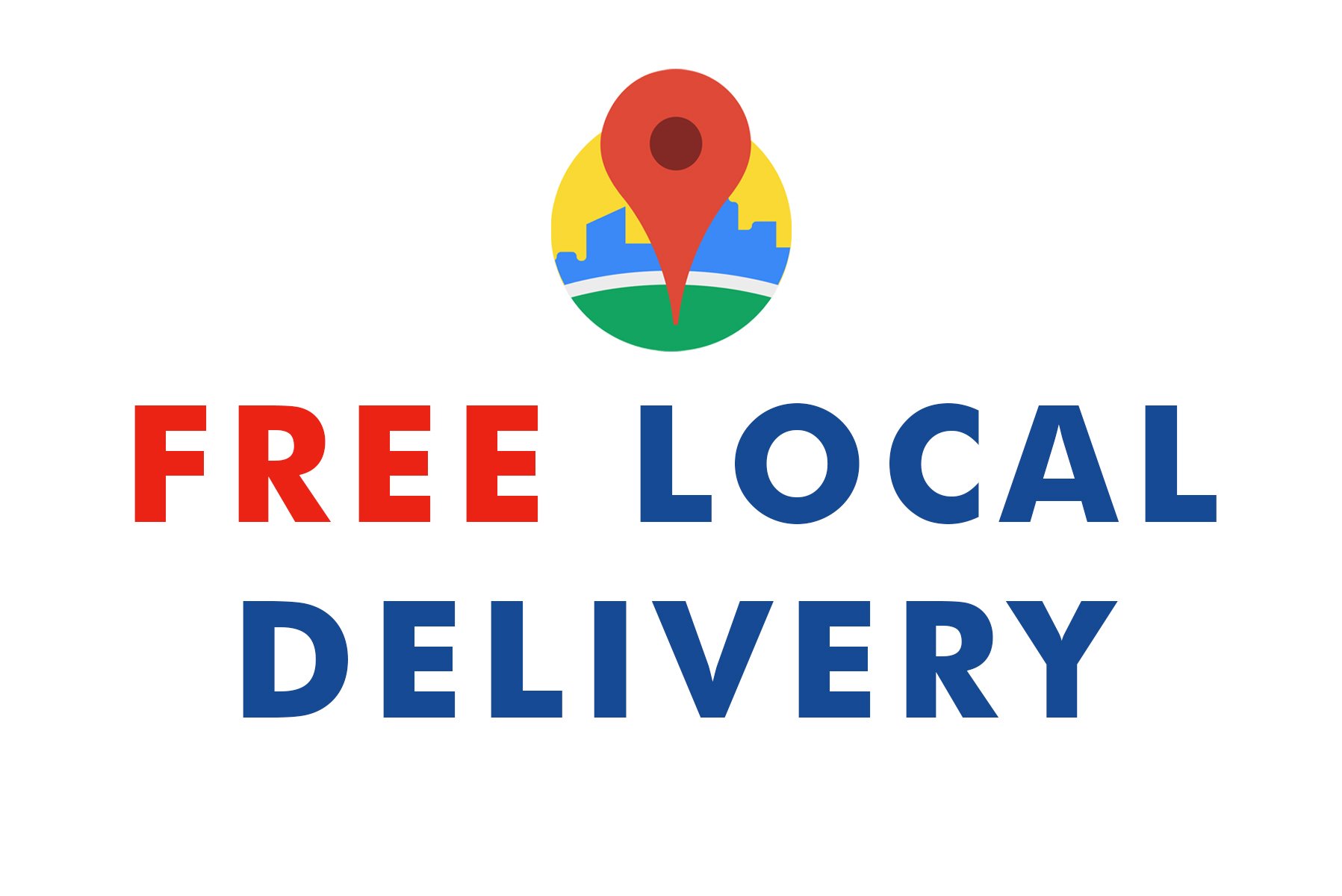
Strapping (also termed as banding or bundling) is an effective packaging method when it comes to bundling and securing goods and pallet loads together during transport, or for medium or long-term storage. Strapping is widely used throughout agriculture, construction, shipping, and packaging, and has 5 main uses:
- Helps keep packaging closed. For example, securing a lid on top of a box
- Locking and bundling goods to pallets for safe storage and transportation (palletising). Many people choose to use a combination of stretch film and strapping to help secure loads of different sizes and weights. Stretch film helps to protect goods from water, dirt, dust, and damage
- Binding multiple items and packages together. Especially in delivery, fixing multiple cartons together can reduce delivery costs as it is all classed as one parcel
- Helps increase pack stability. For example, bundles of magazines or newspapers held together for stacking and handling purposes
- Strapping can add a degree of security to a pack by making it more difficult to open. It also helps to supply visible evidence of tampering where straps have been cut or removed.
With so many different types of strapping available on the market, it can be difficult and overwhelming trying to figure out the correct strapping option. This article aims to offer helpful advice and tips on selecting the right strapping for you.
Questions To Consider Before Purchasing
- What products will I be strapping?
- How much do they weigh?
- What is the purpose of strapping them?
- How long will the products be strapped for?
- What will the conditions be?
Types of Strapping Material
Strapping is manufactured in a variety of different materials including polypropylene, polyester, and steel. Different strapping materials have different properties in terms of tensile strength, elasticity, elongation recovery and retained tension. Each material comes in various sizes, colours and strength levels which makes them suitable for a wide range of uses:
Steel Strapping
Break strengths can go as high as 6,500kg.
Steel strapping is a high tensile strapping solution made from various steel alloys. Steel strapping is an excellent material for securing heavy loads where strength and minimal stretch are desired. Commonly used to transport heavy loads such as construction materials, machinery and fixing heavy items to pallets.
Advantages
- The strongest type of strapping
- More resistant to UV and higher temperatures
- Safer to use on sharp edges and hard corners.
Disadvantages
- Heavy compared to the other strapping options
- Most expensive form of strapping. Not only is steel expensive, but with fluctuating markets, budgeting is erratic
- Can be susceptible to rust and corrosion
- Can pose a risk to workers and cargo if cut improperly.
We unfortunately do not stock steel strapping. If your aim is to secure and transport heavy loads, we recommend looking for a wax coated steel which will result in smoother machine feeding, rust resistance, and enhanced operator safety.
Polyester (PET) Strapping

The max breaking strain that we stock currently on our website is 550kg.
Polyester (PET) strapping has become a popular alternative to steel for all but the very heaviest loads. Pound for pound, PET is stronger than steel and is safer and easier to work with. It is exceptionally durable and unlike polypropylene strapping, polyester strapping can better recover from stretching, making it more able to deal with shifts in pressure and weight on certain points.
Advantages
- Great solution for medium to heavy duties
- Strong compared to the other plastic strapping materials
- Resistant to rust
- High recovery rate from stretching.
Disadvantages
- More expensive than polypropylene strapping
- Not as strong as steel
- Not suitable for use on sharp edges and hard corners.
We highly recommended: Pallet Edge Protectors come in two forms, which can be used together or separately to protect your palletised products.
Polypropylene (PP) Strapping

The max breaking strain that we stock currently on our website is 300kg.
Polypropylene (PP) is considered a light to medium duty strapping material. This option is best for light duty palletising, unitising, carton closing and bundling. Polypropylene has high elongation recovery, but a low retained tension. This means the pressure on the strapping can cause it to stretch without being able to return to its original length. If the product is solid such as a block of concrete, the slack will be problematic.
Advantages
- Excellent choice for light to medium duties
- Cheaper than the other strapping options
- Resistant to rust.
Disadvantages
- Not as strong as polyester
- Can elongate under pressure without recovering
- Not suitable for use on sharp edges and hard corners
- UV degradation can occur if the bundle is left outside in the sun.
What Strapping Option Is Best?
As listed above, there are advantages and disadvantages to each strapping solution. The best strapping choice will depend on the application. Your duties might favour steel strapping if:
- You are transporting exceptionally large, heavy and stable loads
- The load is being transported long distances
- Your products have sharp edges or hard corners that could cut softer materials
- The load is not sensitive to the friction or erosion from the contact with steel.
Your duties might favour polyester or polypropylene if:
- Your load may expand or contract during transportation
- The load is only traveling a short distance
- Your product is sensitive to abrasion and will be devalued if scratched or chipped.
How Much Is Strapping?
Our Polyester Strapping starts at £8.30 per roll and Polypropylene Strapping £17.43 per roll (prices excluding VAT). We also have a multi-buy discount on some of the products which means you can have up to 17% off when buying in bulk.
Is Strapping Recyclable?
This will depend on the material used and your Local Authority. Most strapping today is manufactured using either Polyethylene Terephthalate (PET) or Polypropylene (PP). Both plastics are widely recyclable.
Strapping Kit – How to Guide
Featuring our strapping kit, this video shows you how to safely strap down your pallets. This allows for more stability when strapping down heavy and bulky items as well as items where wrapping may damage the goods:
You can find all the Strapping products that we stock here.
Conclusion
For medium duty strapping and palletising needs, polypropylene or polyester strapping is your best choice. The max breaking strain that we stock currently on our website is 550kg. Or, if you require a solution to safely secure smaller products, we recommend twine or cable ties.
If you would like more information and advice on the strapping products that we stock, simply get in touch with our team of packaging experts who are on hand to help.

